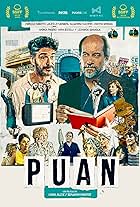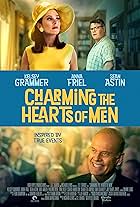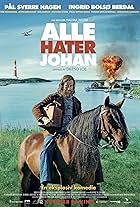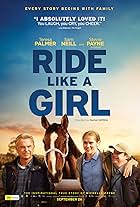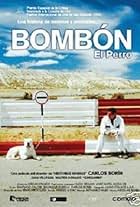Diego and Cecile, an Argentinian couple living in Terra del Fuego (where Diego is employed as a foreman in a foresting operation) and unable to have children, are informed, to their somewhat cautious joy, that a boy is available for adoption.
Although the boy is older than they had originally been informed and appears to come from a troubled background, he is tenderly accepted into their household and it is clear that the adoptive parents are really doing their best to give him a loving home and to see to his schooling, which is somewhat lacking.
However, things take a decided turn for the worse when it develops that the boy, who has spent his youth being brought up by various relatives, at least one of whom is currently serving a sentence in prison, has been bragging to his schoolmates about taking (and possibly dealing) drugs and engaging in other criminal behavior (it it never quite clear how much the boy is assuming the role of his uncle and how much of his bragging is actually true).
The parents of the other children learn of his bragging and are up in arms. The discovery by Cecile of what is happening, the reactions of both adoptive parents and the way in which this affects their relationship with the other parents is what makes up the development of the film.
It is a well-acted and directed film, which portrays in a sensitive manner an intriguing situation in which everybody is right and nobody is wrong. Unlike what might have been a Hollywood-type treatment in which righteousness prevails over ignorant prejudice, the genius of the film is that everybody's point of view is expressed in an entirely good faith manner, with every parent genuinely seeking what is best for their children. The viewer is left with the very disquieting feeling that the manner in which (s)he would have reacted in the same situation would depend solely on which child they were the parent of -- which may be exactly what the author intended.








